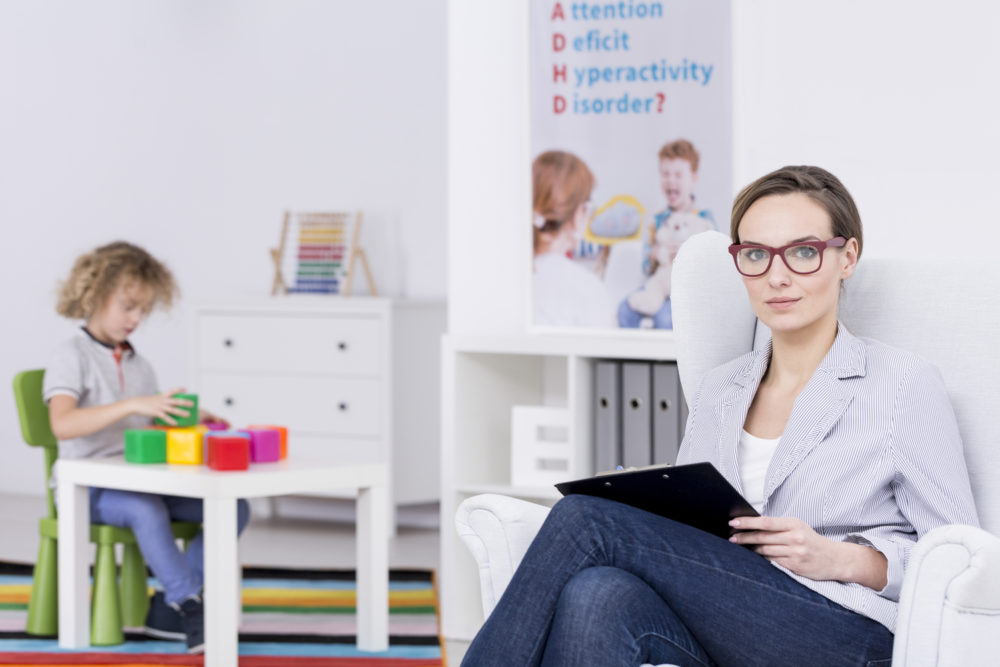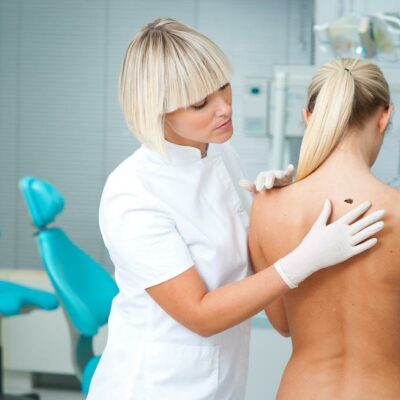
Treatment Options for ADHD
Attention deficit hyperactivity disorder, or ADHD, is a brain disorder, of which a cure has not yet been established. Doctors who diagnose patients with ADHD often recommend behavioral counselling and sometimes prescribe drugs to manage the symptoms of the disease.
One can manage the symptoms of ADHD via the following treatment options:
1. Medications for ADHD
The most effective tool to treat ADHD is prescription medication. These medications can be classified into two categories, as stimulatory or non-stimulatory drugs.
- Stimulatory drugs are enhancers of central nervous systems. They work by triggering the chemicals of the brain like norepinephrine or dopamine. It improves the concentration of the child and enables them to have a long-lasting focus.
- Non-stimulatory drugs work by increasing norepinephrine levels in the brain helping in increasing memory and attention of the child.
2. Therapy for ADHD
Doctors believe that the genetic mutation that triggers ADHD development alters the anatomy of the brain. Attention deficit hyperactivity disorder has no cure, but with one on one therapy many of the symptoms (i.e., inattention, anger, anxiety) can be addressed and boost the quality of the patient’s day to day life.
3. Psychotherapy
Since the disease hinders the brain development and functionality, sometimes psychotherapy is effective in coping with the symptoms of the disease. In other cases, problems faced by the child can be addressed with the help of the peers via group therapy (i.e., family relationships).
3. Behavioral therapy
Behavioral therapy helps to monitor children’s behavior and teach positive behavior that is important for living socially. The strategies of behavioral therapy are helpful to nurture suitable change in the child’s nature. Behavioral therapy for adult ADHD can be improved through the cognitive relaxation and management of stress, mentoring and job coaching, education, and training regarding the family relationships.
4. Social skill development training
This type of therapy helps address the issues that a child faces in dealing with their social environment. The goal here is to prepare the child for coping techniques and behavior that helps them work more effectively with others.
5. Support groups for parents
This passive treatment therapy allows a parent of children with ADHD to connect with other parents with children suffering from the disease. This therapy is supportive in style and offers relief and problem solving through sharing and communication.


